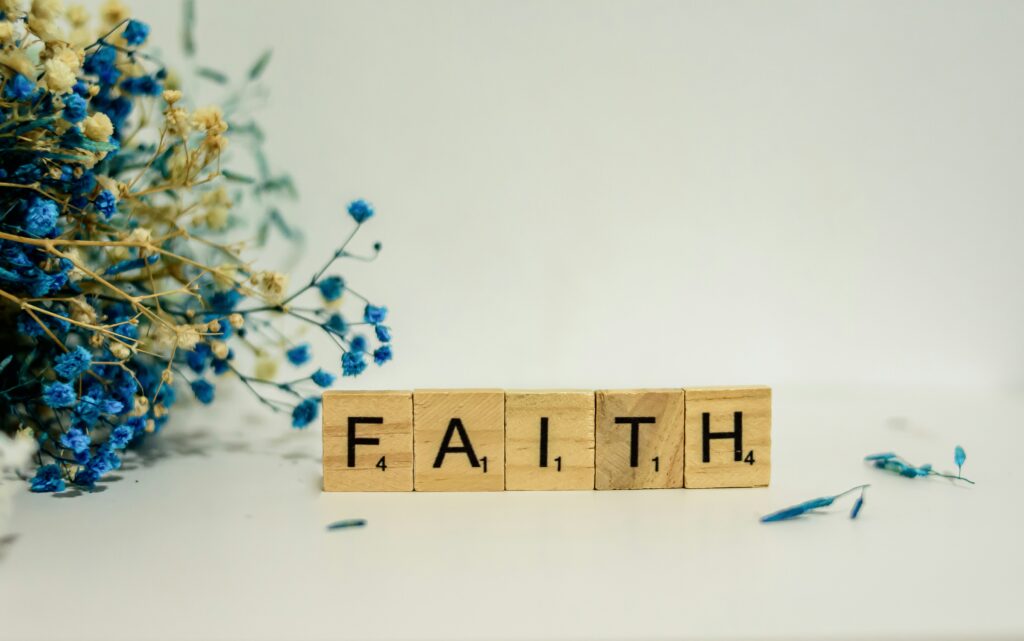
Estate planning is a process that involves making decisions about how to manage and distribute one’s assets during life and after death. While the focus of estate planning is often on financial matters, for many individuals, religious beliefs also play a significant role in shaping their approach to planning for the future. In this article, we will explore the intersection of religion and estate planning, examining how faith influences people’s values, priorities, and decisions when it comes to managing their estates.
- The Influence of Religious Values: Religion often serves as a guiding force in people’s lives, shaping their values, beliefs, and moral principles. For many individuals, their religious faith informs their approach to money, wealth, and material possessions. Various religious traditions emphasize the importance of stewardship, generosity, and caring for others, which can influence how individuals approach estate planning.
- Charitable Giving and Tithing: One of the central tenets of many religious traditions is the practice of charitable giving or tithing, which involves donating a portion of one’s income or assets to support charitable causes or religious institutions. Estate planning provides an opportunity for individuals to continue their charitable giving beyond their lifetime by including provisions for donations to religious organizations, charities, or other causes in their wills or trusts.
- Legacy Planning and Family Values: Religious beliefs often emphasize the importance of family and community, and estate planning allows individuals to reflect these values in their legacy planning. For example, parents may use estate planning to pass down cherished family heirlooms to future generations. They may also designate specific beneficiaries or trustees who share their religious beliefs and values to ensure that their legacy is preserved and honored.
- End-of-Life Decision Making: Many religious traditions offer guidance on end-of-life decision-making and care for the terminally ill. Estate planning allows individuals to document their wishes regarding medical treatment, life support, and end-of-life care in advance directives or healthcare proxies. These documents can help ensure that individuals’ religious beliefs and preferences are respected and followed even if they are unable to communicate them directly.
- Burial and Funeral Arrangements: Religious beliefs often dictate specific rituals, customs, and practices surrounding death, burial, and funeral ceremonies. Estate planning provides individuals with the opportunity to specify their wishes regarding burial or cremation, funeral services, and the disposition of their remains. By including these instructions in their estate plan, individuals can ensure that their religious traditions are honored and respected after their passing.
Religion and estate planning are deeply interconnected, with individuals drawing on their religious beliefs, values, and traditions to inform their decisions about managing their estates. Whether it’s charitable giving, legacy planning, end-of-life care, or burial arrangements, religious considerations play a significant role in shaping people’s estate planning strategies. By incorporating their religious values into their estate plans, individuals can ensure that their financial affairs align with their spiritual beliefs and leave a meaningful legacy that reflects their faith and values for generations to come.
Don’t wait until it’s too late; start your estate planning journey with Gentreo today. By doing so, you’ll not only protect your loved ones but also gain the peace of mind that comes with knowing your legacy is secure. Click here to join now https://private.gentreo.com/auth/register.
This article is for informational purposes only and should not be considered legal advice. Consult with a qualified attorney or estate planning professional for personalized guidance.*







